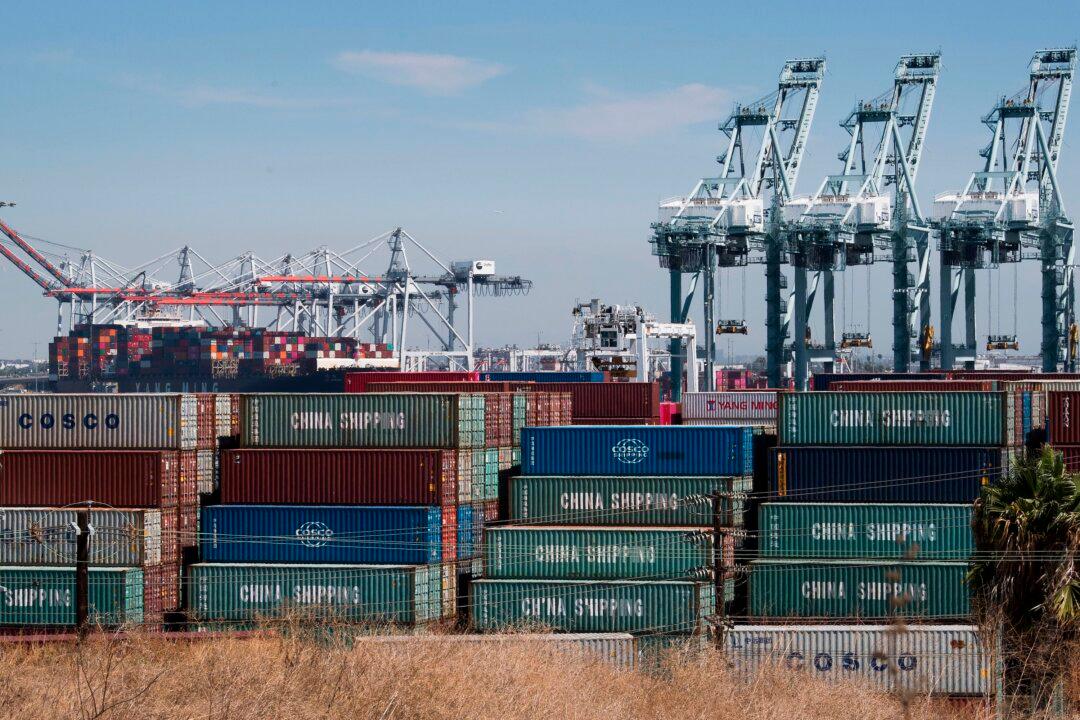Commentary
Clearly, U.S. businesses and Washington want to decouple from China, if not entirely, then to a greater degree than in the past.

Clearly, U.S. businesses and Washington want to decouple from China, if not entirely, then to a greater degree than in the past.